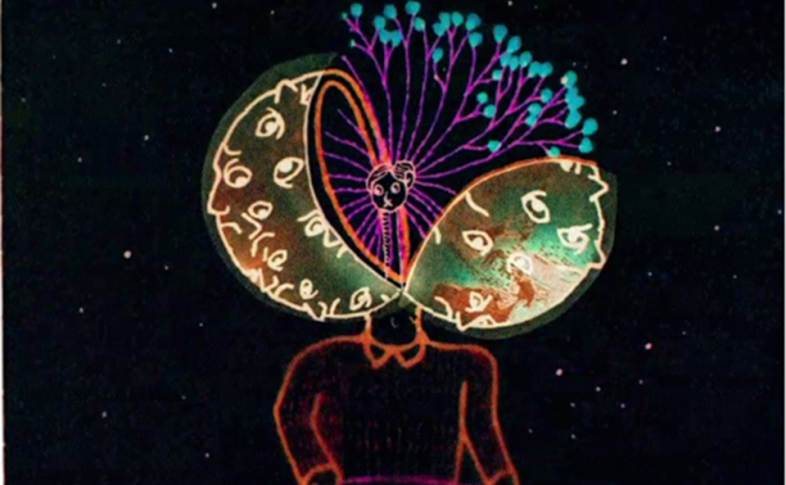
Since the beginning of time, formulas, potions, rituals and prayers, stories and musical notes have tried to grasp the vastness of life. Each one of us depicts our own world, trying to find meaning, day after day. Amidst an overwhelming ocean of stimuli, we barely filter some micro-drops that we begin to relate to as events. We categorise, attribute emotions, judge, make decisions...
According to some terminologies, these are "heuristics", mental shortcuts that distort the laws of logic and probability in order to render, in a limited time frame, a small part of the information that we can have access to. Phrased that way, they are more than a bias or an error of the human mind – they are a compass that helps us sense currents and streams.
We don't only seek to explain this world in the present, but desire to project ourselves onto it. We go to the Oracles to predict the future, through seeds and songs or an online portal or recalling our dream with the first coffee of the day.
The way these particular interpretations weave into and with each other is the substrate of our interpersonal relationships and how we hold community together. Certain versions of this world have more weight, whether we consent to or defy it. The locus of hegemonic epistemology has mutated over time.
Even though emperors and governors, like the one in our story, tend to shortsightedness and arrogance – their span of control is limited in the extent that they can't rule to the last fibre by themselves. But control doesn't lie only in the throne: it blurs and adopts a thousand heads.
Continue reading at GenderIT.org.